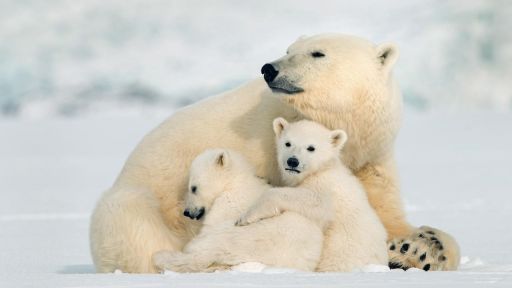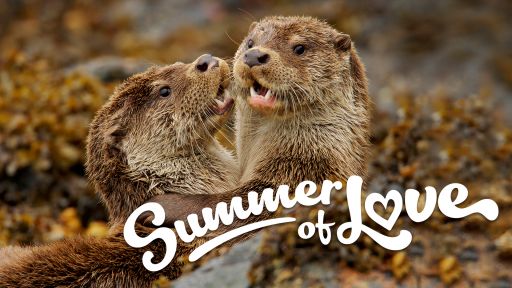Meet Mary Mooney – a lawyer who volunteers as a citizen scientist with the Terrapin Monitoring Project. Hear how her involvement has served as an antidote to her busy urban life and has helped her reconnect with nature.
Features








- The project at Jamaica Bay is a very big tent.
You have serious scientists and graduate students who are doing real science, they're professionals, and you have students who are sort of trying it out, maybe it's their first experience with wildlife biology, and then it runs the gamut to people like me who are really there out of curiosity, and because I like wildlife, and I like being there.
(soft piano music) For many years I worked in publishing, and then I decided I wanted to make a change and I went to law school.
I've always done some kind of volunteer work, and at some point I became very interested in doing something related to the environment, and that would have to have been around 2010, and so I think I heard Russ speak somewhere, and he said he was looking for volunteers, and I kind of tried it out.
Dr. Russ Burke is the biologist who's also on the faculty at Hofstra, who really started this project.
I think it's 21 years now that he's been out there doing this, so it's a long time and a lot of research has come out of it.
You might sit on a bench for a couple of hours, or you might walk the trails, or you might go on the beach, and you basically look for terrapins.
You're waiting for them to come out of the water to do their nesting, and that's your day, until you find a terrapin, and then you race back to (laughs) you text the supervisor and tell them what you found, and follow the protocol from there.
Every time you pick up a terrapin and take it back to the work station and it gets processed, you feel well there's a little data point that I brought.
It's been very very interesting because it puts you in a setting where you see how wildlife biologists, field biologists, actually work.
Someone on the terrapin monitoring project actually told me about that you can get a license to be a New York State wildlife rehabilitator, and I decided to do that, and that led me to the Wild Bird Fund in Manhattan, so it led to other things, which is, you know, kinda fun.
I think we're all nature-deprived, to some extent, and an activity like that kind of mitigates that.
It's an antidote, and it puts you back in touch.
Hi, I'm Mary Mooney, and conservation is why I'm a citizen scientist.
(soft piano music)
